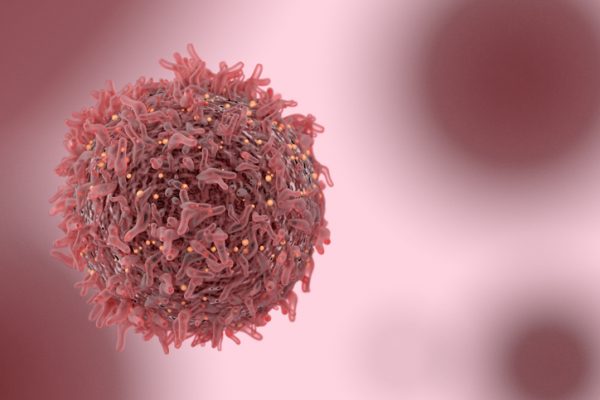
Biotech giant Amgen is touting lung cancer data on its drug from an emerging class of small-molecule oncology therapeutics in a new publication and a presentation at a large medical meeting.
The Thousand Oaks, California-based company said Sunday that it had published full Phase I data from the Phase I/II CodeBreaK 100 study of sotorasib, also known as AMG 510, in advanced non-small cell lung cancer (NSCLC) the New England Journal of Medicine and presented data from the study at the European Society for Medical Oncology’s online annual meeting.
Shares of Amgen were down three quarters of a percentage point in pre-market trading on the Nasdaq Monday morning and were down around 2% shortly after markets opened. Sotorasib is a KRAS G12C inhibitor, which targets a driver of multiple solid tumors long deemed “undruggable” because of its structure.
The data showed that when administered at the dose of 960mg, sotorasib produced an objective response rate of 35.3% and a disease control rate of 91.2% among 34 patients who had received a median of two prior lines of therapy. Across all dose levels, the ORR was 32.2%, and the DCR was 88.1%, with a median duration of response of 10.9 months and 10 of 19 responders still in response as of the data cutoff. Median progression-free survival was 6.3 months.
“These latest results show that sotorasib continues to demonstrate encouraging medical benefit in heavily pretreated patients with KRAS G12C-mutant tumors,” lead author David Hong said in a statement. “The results also establish a compelling trend in tumor shrinkage and median progression-free survival with a positive benefit-risk profile.”
Safety and tolerability were consistent with prior results, with no dose-limiting toxicities or fatal drug-related adverse events.

A Deep-dive Into Specialty Pharma
A specialty drug is a class of prescription medications used to treat complex, chronic or rare medical conditions. Although this classification was originally intended to define the treatment of rare, also termed “orphan” diseases, affecting fewer than 200,000 people in the US, more recently, specialty drugs have emerged as the cornerstone of treatment for chronic and complex diseases such as cancer, autoimmune conditions, diabetes, hepatitis C, and HIV/AIDS.
Still, the data received mixed opinions from investment bank analysts.
In a note to investors Sunday night, Cowen analyst Yaron Werber wrote that the data were better than expected and that the drug “looks solid,” noting that despite the ORR being at the lower end of the expected range, the median duration of response was twice as long. The drug should be approvable as a single agent, he added.
However, RBC Capital Markets analyst Kennen MacKay called the data a “mixed bag,” noting the fall in ORR despite the lengthened durability of response, adding that the focus will continue to be on combination therapies.
Baird’s Brian Skorney wrote that while the Phase I data indicate an approvable therapy, “results have waned with each update,” and based on the dataset, ORR could go below 30% and PFS could go below six months in the registration-directed Phase II portion.
Photo: CGToolbox, Getty Images












